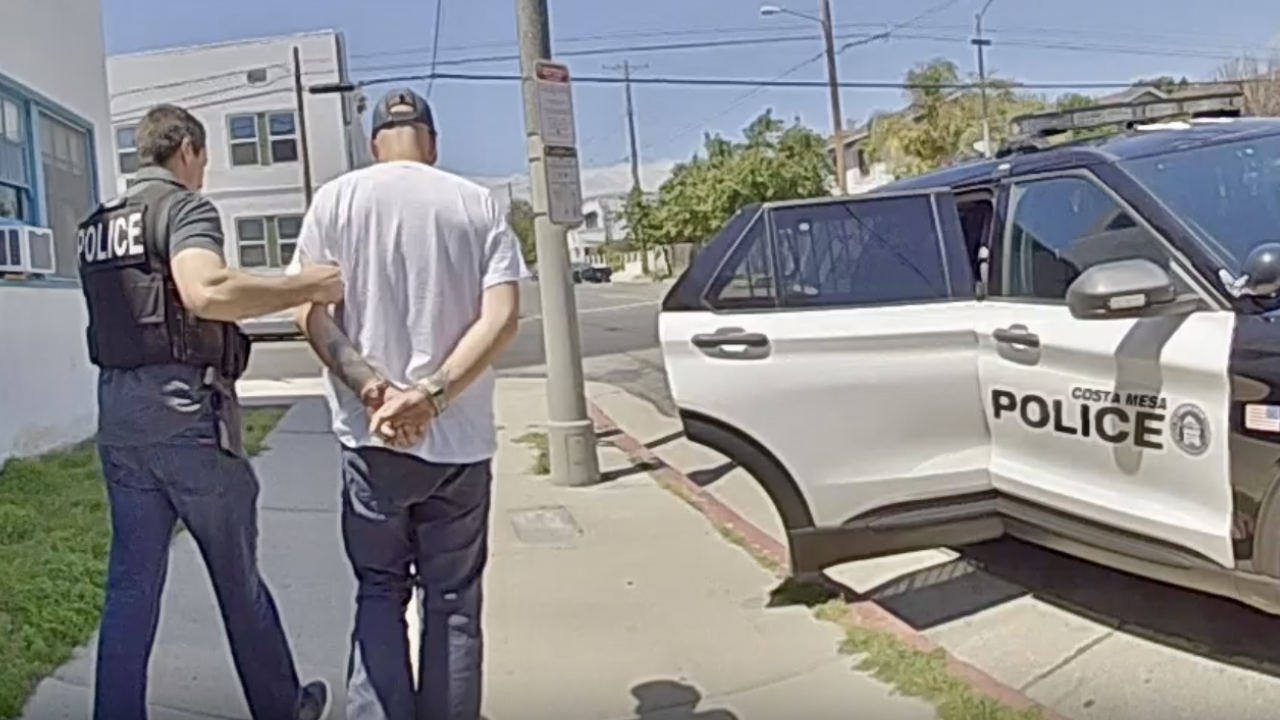So many of you tried to prepare, making sure your insurance policy is up to date, clearing gutters and removing potential hazards from around your homes but the rain’s relentless drenching is still creating huge problems.
There are ways to move forward while also paying attention to what the NBC4 I-Team has been reporting for months- an insurance climate in California that is tough with people being dropped from their policies.
“What I'm telling everyone to do is stay present, stay safe. And there's a handful of things that they can do, even right now, if they haven't, to try and prepare as much as they can,” Karl Susman, Susman Insurance, says.
Susman is an insurance professional with three decades under his belt. If you haven't done so already, he says to turn off all sprinklers, park your car -- if you can -- in your garage or under a carport, and keep cell phones charged at all times.
Get Southern California news, weather forecasts and entertainment stories to your inbox. Sign up for NBC LA newsletters.
But if the damage is already done, Susman says you can file a claim with your insurance provider.
“So what I would expect is people to potentially be on hold. If you're filing a claim on the phone, try and file it online. If you can, be sure you get a claim number and be prepared potentially to have to wait a little bit, because again, there's a lot of claims that are coming in."
He also says most homeowners and renter’s insurance providers will take into account the magnitude of these recent storms
Local
Get Los Angeles's latest local news on crime, entertainment, weather, schools, COVID, cost of living and more. Here's your go-to source for today's LA news.
"You've probably heard me say, 'Don't put in the small claims. Don't put in the small claims.' When you have an event like this, the insurance industry looks at this as what they call a 'cat event,' which stands for catastrophe. And when a catastrophe event happens, they don't tend to take that and consider that a claim against your record. Let's put it that way. Right now, every insurance carrier has their own definition of what they decide is a cat event or not. I think it's a pretty safe bet that they're all going to look at this as a cat event,” Susman said.
Which means you may not get dinged on your policy or have your premiums skyrocket. But even if you have major damage, it may not be covered, including mudslides and debris flows.
According to the California Department of Insurance, “...HO policies generally exclude damages caused by mudflow, mudslide, debris flow, landslide, or other similar events...”
The department says, if you don't think you are covered by your homeowners policy, look for special financial assistance programs from local or state governments.
As for damage to cars, this is Susman advice.
"You would again want to file a claim with your insurance company. This would fall under what's called a comprehensive claim. So this is a claim that is going to have a deductible usually, and they're going to either repair the vehicle based on the damage or they're going to replace it or give you the value of the vehicle more likely, depending on the type of policy that you have."
If you do have damage, Susman says document everything. Walk around with your phone and take pictures and videos so that you have them.
Even if you do not have any issues, he says, take those pics and videos. That way if you ever have to file a claim, you can have a before and after look.
He adds if you do have damage, be proactive until an adjuster can come and assess everything. Do not start fixing things but do what is practical to avoid additional damage.
The California Department of Insurance says mudflows could be covered if an insurance company looks at the particular cause of the event and the losses sustained, but it’s up to the insurer to make that decision.
Consider, too, there are separate policies for flooding, for example. Water damage and flooding are not the same thing. How the water came into your home -- this becomes another discussion with your broker or insurance agent.
Susman says other circumstances, like food spoilage due to a power outage, could be covered, but it depends on what caused the food to spoil. So, it has to be a covered loss not simply you have lost power. He gives the example: let's say you have a roof leak, then power goes out. You should be able to file for that.



